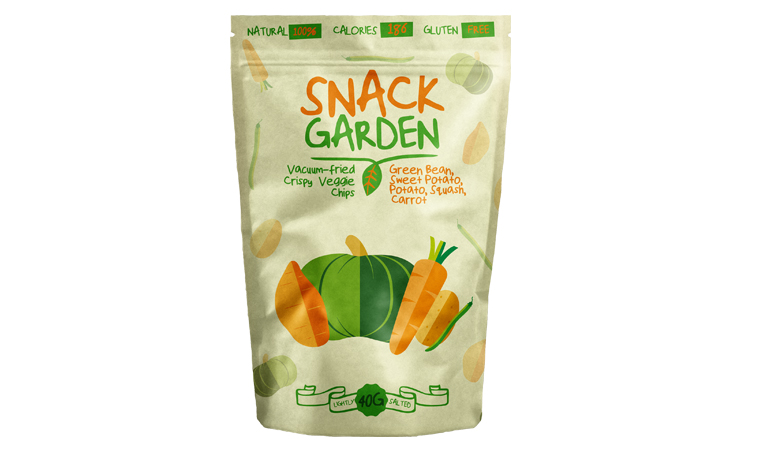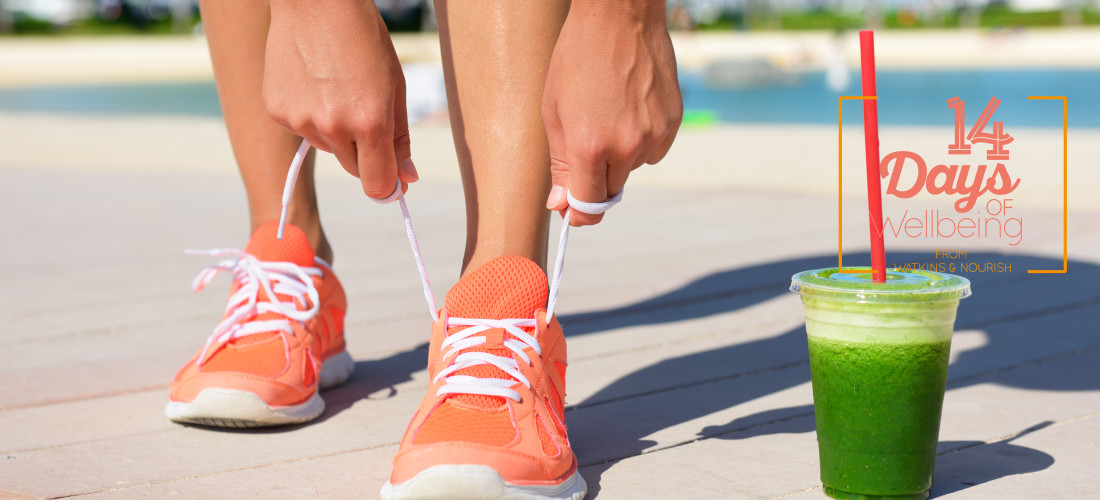
Snack Garden Review : Healthy and Tasty Snacks
Today we received a box from Snack Garden and really enjoyed these snacks with


Today we received a box from Snack Garden and really enjoyed these snacks with

Reconnect with your resolutions with our 14 days of wellbeing! For the next 14 days we


Watkins Media Limited
Shepperton House unit 11
89 Shepperton Road
London, England
N1 3DF

Watkins Media Limited
Shepperton House unit 11
89 Shepperton Road
London, England
N1 3DF